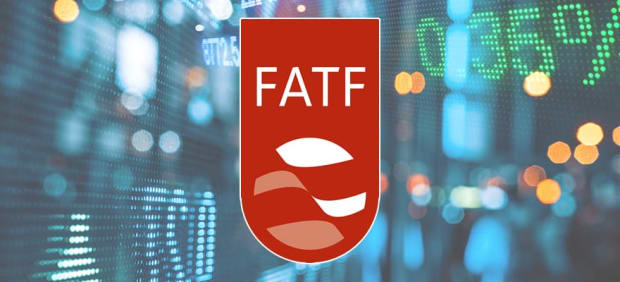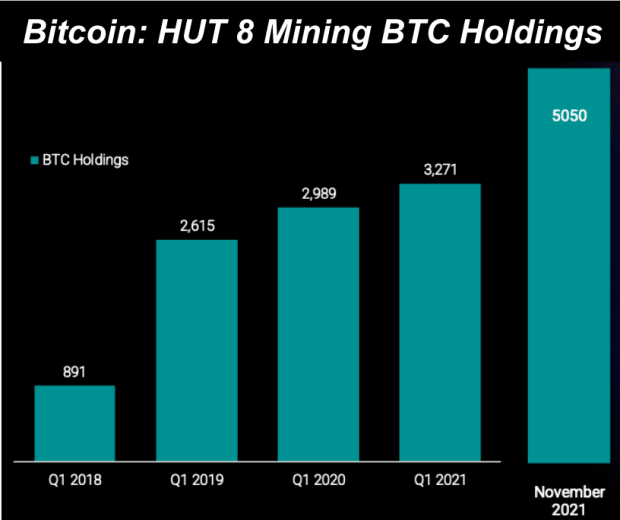Federated Chaumian Mints: The Future of Bitcoin Privacy?
Bitcoin 2022 held a fireside conversation about Federated Chaumian Mints, which the panelists argued could play a big role in the future of Bitcoin privacy.
Much is usually talked about privacy in Bitcoin. On the one side, there are regulators and mainstream media coverages talking non-stop about how Bitcoin brings anonymous transactions to its users. On the other end of the spectrum, however, some Bitcoiners make it their life purpose bringing awareness about the matter to the broader public: Bitcoin is not private.
Researcher and builder Eric Sirion joined longtime miner and developer Casey Rodarmor at the Bitcoin 2022 conference to discuss Federated Chaumian Mints, which the duo believes will supercharge Bitcoin privacy in the future.
“The concept behind Chaumian e-cash is based on blind signatures invented by [Dr. David] Chaum in 1982,” Rodarmor said.
Chaum pioneered the quest for a private form of digital cash, having effectively help spun out the entire cypherpunk movement.
With Chaumian ecash you “take a random message, take [some] bitcoin, put [them] in the envelope, give to the signer,” Sirion said. “They sign [it] and keep the money, and the signature would mean that value is true. Later you can go to the bank, sign a piece of data and they give the amount you deposited back to you.”
The bank can verify the signature but it has no idea of any information about the customer.
“It is a nice improvement from a fully centralized, non-private system,” Rodarmor said. “It is still centralized and requires trust, but it is private. We can do better with a federation.”
With a federation, trust can be split between many different people as the setup would enforce a minimum quorum of federation participants to move funds. Additionally, the composition of the federation can be varied.
“You can have friends and family, or places with favorable regulations, or a dark market running it for profit,” Rodarmor said.
Adding the concept of trust to a Bitcoin custody setup might be an instant deal breaker for most Bitcoiners, who strongly believe in the trustless characteristic of Bitcoin for both sending, receiving and storing BTC. However, Sirion argues that there is some slight form of trust in the Bitcoin network today.
“In bitcoin we essentially trust that the miners don’t collude against us” based on economic incentives, he said, adding that network participants trust that the economic incentives of bitcoin mining will help ensure that scenario doesn’t happen.
While Federated Chaumian Cash explicitly brings trust into the equation, it is supposed to cater to a specific set of users. The setup could function as another tool to bring additional privacy to those not willing to self-custody their bitcoin, Sirion and Rodarmor argued.
“If we can make this so convenient that people want to use it, then we will bring more privacy,” to the network and its users, Sirion said.
Notably, however, this federated system for private payments and withdrawals is not auditable, so the user needs to fully trust the federation in that sense.
Beyond the Bitcoin base layer, Sirion and Rodarmor argued that Federated Chaumian Cash with Lightning can bring one additional level of privacy to the user.
“We touched on the privacy of depositors having from the federation, [but] when you pair it with Lightning and users are depositing and withdrawing via Lightning, you get privacy from outside servers and those trying to surveil the system,” Rodarmor said. “It’s kind of a giant CoinJoin with a shared Lightning node that is very hard to surveil.”
In truth, the future of Bitcoin privacy might be diverse, with users choosing which tool to leverage for their own needs.
“We [envision] lots of people doing Federated Ecash to do layer two payments, and massive CoinJoins on layer one,” Rodarmor said.
“I can imagine a future where every spend is a CoinJoin,” Sirion said.
Bitcoin 2022 is part of the Bitcoin Event Series hosted by BTC Inc, the parent company of Bitcoin Magazine.









